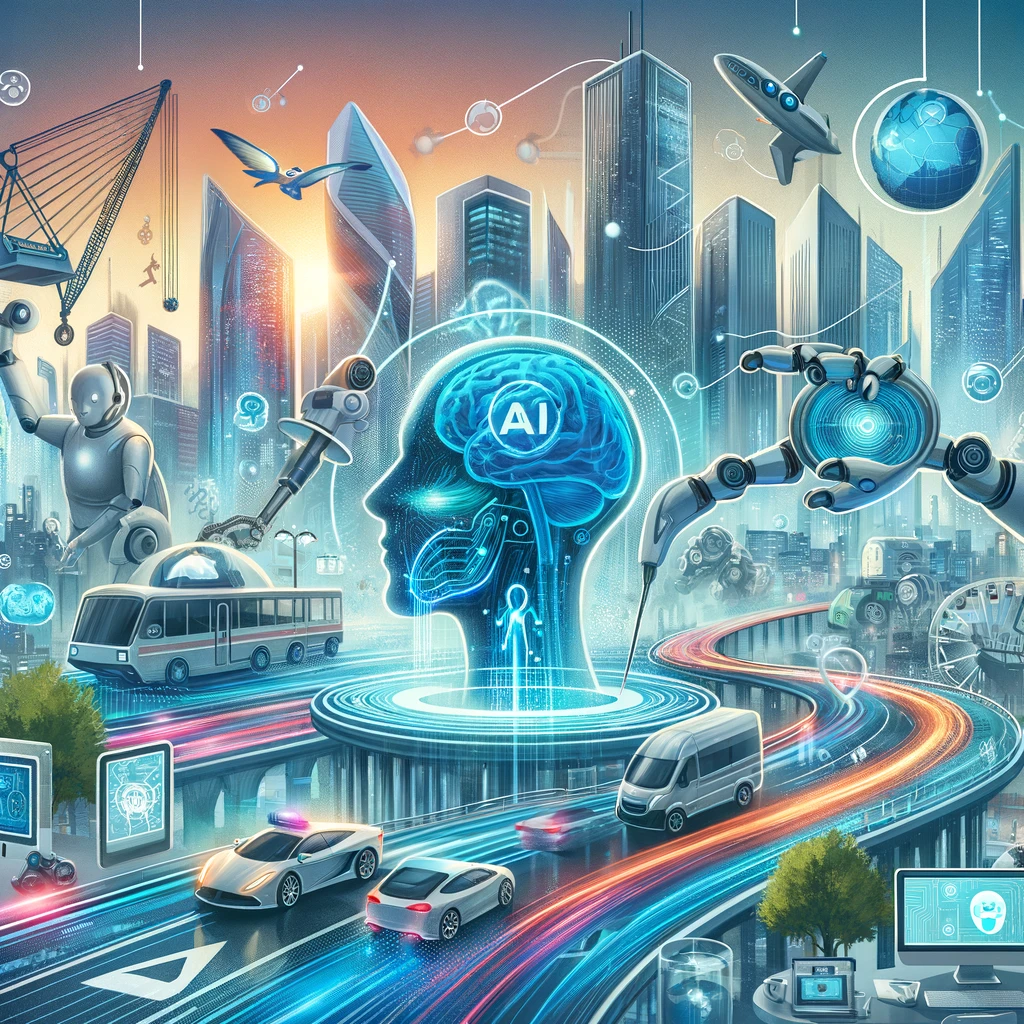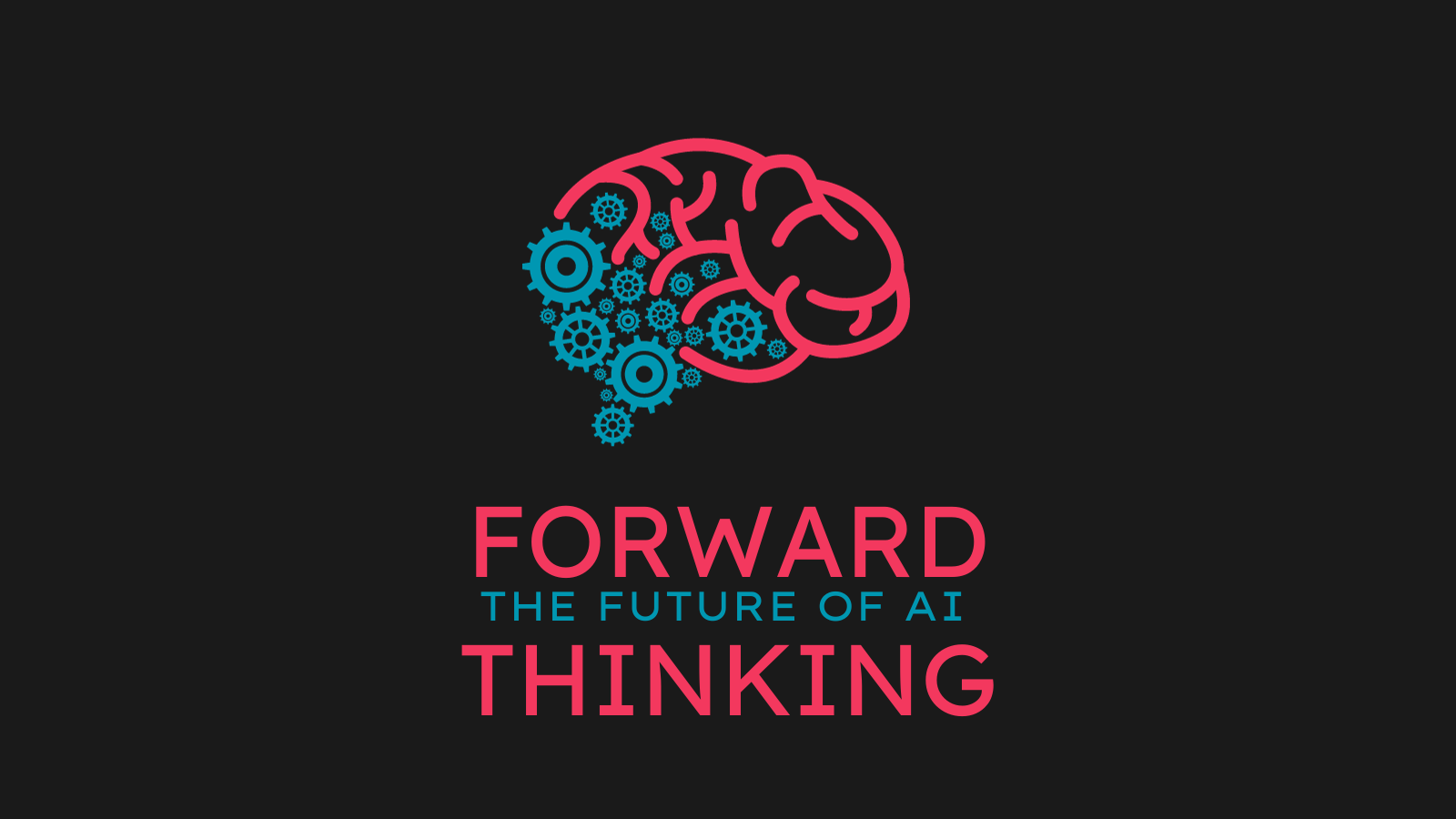Exploring Both Potential and Implications

In a vast and ever-evolving landscape, AI holds immense possibilities for various sectors of industry and society. From healthcare to finance, transportation to education, AI’s impact is exponential. With its ability to mimic human behaviour and cognition, AI promises transformative advancements that will shape the very fabric of our lives.
So what is the future of AI?
Let’s unravel AI’s limitless potential and implications, and explore how it will impact humanity.
The Evolution of AI
To better understand the future, let’s first trace the path of AI’s evolution. Over the years, AI has grown from simple rule-based systems to complex algorithms driven by Machine Learning and Neural Networks. Key milestones, such as the development of expert systems and the advent of Deep Learning, have propelled AI into new realms of possibility.
Artificial Intelligence In 2024
The current impact of AI spans across various industries. In healthcare, AI-driven diagnostics and predictive models improve patient outcomes and streamline medical processes. Finance benefits from AI’s ability to analyse vast amounts of data and predict market trends, aiding in decision-making. Transportation, too, experiences a revolution as self-driving cars and advanced traffic management systems become feasible.
Daily, we take advantage of Siri, Alexa, Navigation apps, Translation apps and ChatGPT, just to name a few.

Future Possibilities of AI
As we look towards the future, the potential of AI shines bright. In healthcare, AI can play a crucial role in personalised medicine, taking into account an individual’s genetic makeup and lifestyle factors to tailor specific and relevant treatments to the individual.
The field of education can also benefit from AI, with intelligent tutoring systems that adapt to individual learning styles, providing personalised and effective education for all.
Automation is another area where AI is set to make a significant impact. With advancements in Robotics and Machine Learning, AI can streamline manufacturing processes, warehouse logistics and reduce “deadhead miles” or empty miles a truck has to drive without carrying cargo.
Finance, in particular, stands to gain from AI’s predictive capabilities, aiding in risk assessment, fraud detection, and portfolio management.
Additionally, AI-powered chatbots enhance customer service by providing efficient and prompt assistance, 24/7. This eliminates frustrating hold times and streamlines repetitive processes, freeing up staff to handle more complex questions.
Ethical Considerations of Artificial Intelligence
While AI holds immense promise, ethical considerations are of paramount importance. Addressing concerns surrounding the impact on employment is critical to ensuring that AI complements human work instead of replacing it. Responsible development practices, such as transparency in algorithms and data privacy protection, are essential when balancing fairness and accountability.
Moreover, AI governance and regulations play a crucial role in safeguarding against misuse and discrimination. Striking the right balance between innovation and ethical guidelines is imperative to shape an AI-powered future that benefits everyone.

AI Challenges and Limitations
Though AI has made remarkable strides, it is not without its challenges. Developing AI systems that can understand and interpret the nuances of human language or adapt to dynamic environments is a complex task. Further research is required to overcome these challenges and push the boundaries of AI’s capabilities.
Continuous advancements, collaboration between academia, industry, and policymakers, along with ethical guidelines, are vital to steer AI in the right direction. Embracing diversity and inclusiveness in AI development can help avoid biased algorithms and ensure fairness for all.
The Future of AI Research
Exciting initiatives are already underway, propelling AI research further into uncharted territory. Emerging technologies like Quantum Computing hold significant promise, enabling AI to tackle complex problems once considered insurmountable. Quantum Computing can provide the necessary power to run highly sophisticated algorithms that would otherwise be impossible to execute with traditional computers. Imagine possessing the ability to unravel large datasets used in AI experiments with ease and precision. Quantum computers hold tremendous potential to reshape the future of AI, opening up new frontiers of possibilities.
As AI research progresses, breakthroughs await us, transforming healthcare, education, transportation, finance, and numerous other sectors. The implications are profound, with AI becoming an integral part of our daily lives.

Responsive AI Requires Responsibility
Responsible development and inclusiveness must guide us as we embrace this technology, ensuring that AI remains a force for good. Let curiosity and mindfulness be our guiding principles as we continue to uncover the wonders of AI, pioneering a future that promises extraordinary advancements for the benefit of all.

